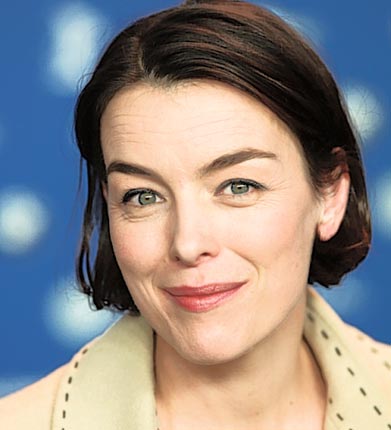The Week In Radio: Drama queens who are still stealing the show

The Budget apart, when did you last splutter at someone you heard on radio? How often does a politician cause you to choke on your coffee at anything, apart from saying "less" instead of "fewer"? It matters, according to Rory Bremner, because we are entering the Land of the Bland. A time when big characters are ironed out of public life and eccentricity disappears with them. Politics post-Prescott is not just boring, it might even be bad for democracy.
Well, he would say that, wouldn't he? Rory Bremner has a vested interest. Nick Clegg is plainly an impressionist's nightmare. Rory's attempt at Michael Gove came out as Ronnie Corbett. Yet in a thoughtful Radio 4 essay, The Character Crunch, Bremner questioned whether the "worrying bland and similar" new intake of MPs who "seem to have risen without trace" might be damaging something more than his livelihood. Professor Peter Hennessy was scathing about the cautious, media-centred politics now in sway. "Can you imagine Churchill being the press officer to a TV company? Atlee had all the charisma of a gerbil. We're ruling out a large number of very gifted people from ever being Prime Minister again."
Blame Blair. It was he who critically redefined the notion of a political personality by crafting a facade of ordinariness, according to John Rentoul, of this parish. "He was a charming, bright, personable young man into whom the voters could read whatever hopes and desires they wished." In that sense, David Cameron is the true heir to Blair, Hennessy agreed. "Cameron was like an iPod. He was shiny, new and people could download their favourite stuff on to him."
But in a world where Boris still exists, all is not lost. And Rory Stewart, ex-Iraqi governor and one of our most promisingly different new MPs, suggested we look to the 18th century for inspiration. Back then, he said, "eccentricity was positive".
One 18th-century eccentric who would have agreed was the poet Samuel Taylor Coleridge. In an subtly entertaining Radio 3 study, John Worthen followed the 25-year-old Coleridge on his trip with William Wordsworth and his sister, Dorothy, to the German university town of Göttingen, a very epicentre of the Romantic movement. The jaunt was paid for by the seminal 1798 Lyrical Ballads, which had been published anonymously because as Coleridge said, his name "stinks". The Wordsworths were horribly seasick en route "vomiting and groaning unspeakably" but Coleridge loved the journey and once Wordsworth had holed up in a cottage to write The Prelude, he hit the town. Fortunately, he kept minutely detailed notebooks recounting among other things, his ventures into university life, where the students were all "roaring, kissing, embracing, fighting and smashing bottles against the wall". At this, Coleridge suffered a rare fit of propriety. "This kissing is a most loathsome business and the English are known to have such an aversion to it, it is never expected of them."
Try telling that to the five members of the acting fraternity who this week sent us "postcards from their profession" for Radio 3's Half Shame, Half Glory. Inevitably, large tranches of this are destined for Pseuds Corner in Private Eye, especially Diana Quick's worry about being "overwhelmed by unprocessed fear" and Simon McBurney's neurotic reflections on standing in the wings of Beckett's Endgame. "Neural activity speeds up allowing you to process more information. Why are they not laughing, why is that idiot coughing? Am I too slow, too fast?" The most entertaining bits came from those taking themselves less seriously. Especially funny was Olivia Williams's account of Roman Polanski's behaviour during her "crying and shagging scene" on the set of The Ghost and his scream of complaint about her "bizarre ear". Those searching for eccentricity in modern life may just be looking in the wrong place.
Join our commenting forum
Join thought-provoking conversations, follow other Independent readers and see their replies
Comments
Bookmark popover
Removed from bookmarks